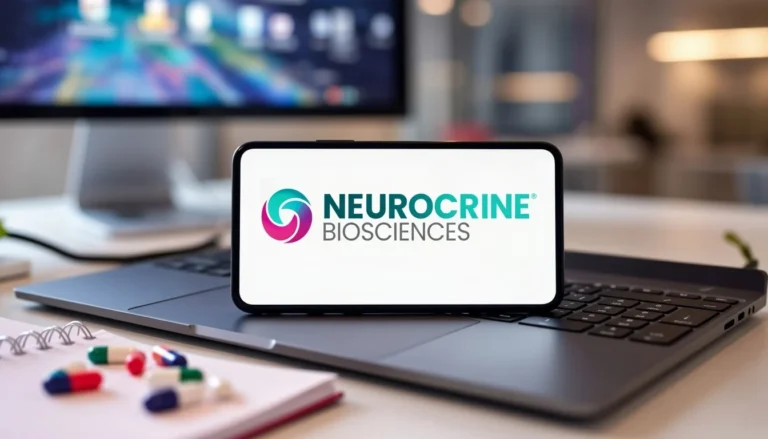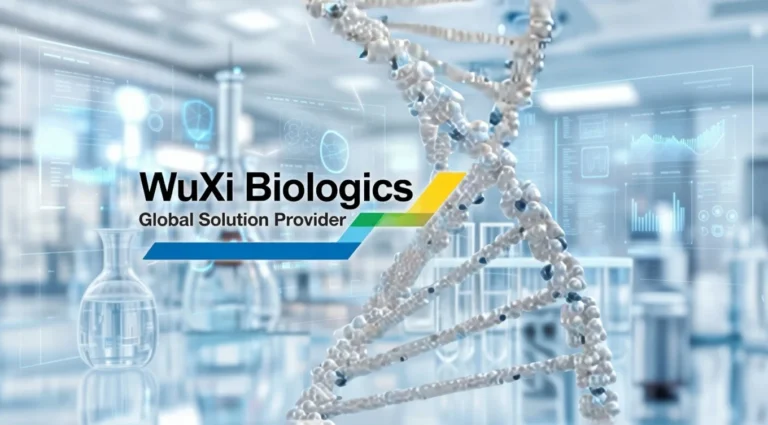
QIAGEN Enhances Digital PCR Lineup With New Lentivirus Tools for Cell and Gene Therapy QC
In a move that further cements its position as a key player in the evolving field of cell and gene therapy (CGT), QIAGEN N.V.; Frankfurt Prime Standard: QIA) announced the expansion of its digital PCR (dPCR) solutions to address quality control needs in lentivirus-based therapeutic manufacturing. The development introduces a suite of enhanced tools and assays specifically tailored for applications such as chimeric antigen receptor T-cell (CAR-T) therapy—a transformative and highly personalized approach to cancer treatment.
With cell and gene therapy gaining momentum as a cornerstone in the treatment of oncology, rare genetic disorders, and autoimmune diseases, industry stakeholders—ranging from biopharmaceutical innovators to contract development and manufacturing organizations (CDMOs)—are placing growing emphasis on precision, scalability, and regulatory compliance. QIAGEN’s expanded dPCR offering is poised to support these demands, providing a robust, standardized, and high-throughput quality control platform that meets the exacting standards of modern therapeutic development.
Reinforcing Commitment to CGT Manufacturing: A Strategic Expansion
“Cell and gene therapy developers face increasing demands for precise, scalable solutions to help ensure therapy safety and efficacy,” said Justus Krause-Harder, Vice President and Head of Molecular Tools & Oncology at QIAGEN. “With our expanded dPCR portfolio, we are not only meeting the needs of lentivirus-based therapies but also reaffirming our long-term commitment as a partner for quality control in CGT development and manufacturing.”
This strategic expansion builds upon QIAGEN’s long-standing expertise in molecular diagnostics and life sciences tools. The company’s latest advancements integrate seamlessly into the broader QIAcuity digital PCR platform, which has been widely adopted across research and clinical laboratories for its reliability and speed in nucleic acid quantification.
The Core of the Expansion: Enhanced Tools for Lentiviral Vector Quality Control
At the heart of this announcement is a new suite of digital PCR assays and workflows that address critical steps in lentivirus production, including detection of replication-competent lentiviruses (RCLs), genome titration, and vector copy number (VCN) analysis. These components are vital to ensuring both the safety and potency of cell and gene therapies that utilize lentiviral vectors as delivery systems for therapeutic genes.
Key Additions to the Digital PCR Workflow:
- QIAcuity RCL Quant Kit
This newly introduced kit serves a vital function in lentivirus production: detecting replication-competent lentiviruses, a significant safety concern in the use of lentiviral vectors. The presence of even trace amounts of RCL can compromise patient safety, particularly in immunocompromised populations. The QIAcuity RCL Quant Kit offers step-by-step, easy-to-follow protocols that enable sensitive and specific detection of these viral contaminants, thereby helping therapy developers meet global regulatory requirements and maintain the highest safety standards. - QIAcuity CGT dPCR Assays
Designed with CGT developers in mind, this set of eight wet-lab verified dPCR assays enables accurate quantification of viral vector genome titers and vector copy numbers. These are key parameters in the development and release of viral vector-based therapeutics. By providing precise measurement of the number of viral particles and the number of transgene copies integrated into a host cell’s genome, QIAGEN empowers developers to optimize dosing, assess therapeutic efficacy, and maintain safety across clinical and commercial stages. The assays can be run in singleplex or multiplex formats, providing both flexibility and scalability. - CGT Lentivirus Lysis Kit
To further streamline workflows and reduce hands-on time, QIAGEN has introduced a Lentivirus Lysis Kit that integrates with the QIAcuity dPCR assays. This kit simplifies the lysis of lentivirus particles and supports rapid and accurate titer quantification. The reduced manual steps and improved assay consistency ensure more reproducible results—ideal for CGT developers operating under Good Manufacturing Practices (GMP) or scaling up to commercial manufacturing. - Supporting Reagents and Nanoplate System
These new assays are complemented by the QIAcuity nanoplate technology and a suite of dedicated master mixes. This combination delivers absolute quantification of nucleic acids, enabling researchers to precisely determine viral titer and VCN without relying on calibration curves. The platform’s accuracy, repeatability, and ease of integration into automation systems make it an ideal solution for quality control laboratories and manufacturing settings.
A Holistic Solution for the CGT Industry

This latest expansion builds upon QIAGEN’s already robust portfolio of dPCR assays that support cell and gene therapy applications. Existing offerings include:
- Residual host cell DNA quantification kits, which are used to measure DNA from commonly used production cell lines such as HEK293, Chinese Hamster Ovary (CHO) cells, and E. coli—crucial for ensuring the purity of biologic products.
- Mycoplasma detection assays, critical for sterility assurance and contamination monitoring.
- Adeno-associated virus (AAV) vector quantification, for developers utilizing AAV-based gene therapy platforms.
- Viral vector integrity assays, helping determine if gene delivery systems are structurally sound and functional.
Collectively, these tools offer a comprehensive suite for developers engaged in viral vector-based therapeutics and gene-modified cell therapies.
Digital PCR and Regulatory Compliance: Why It Matters
As CGT products transition from research laboratories to the commercial market, regulatory expectations for quantitative accuracy, method validation, and process consistency have intensified. Digital PCR has emerged as a gold-standard technology for nucleic acid quantification, thanks to its absolute measurement capabilities, lack of dependency on reference standards, and low susceptibility to inhibition.
QIAGEN’s QIAcuity Digital PCR System is further enhanced by its Software Suite 3.1, which provides users with intuitive tools for data analysis, compliance reporting, and audit traceability. These features support alignment with regulatory guidelines from agencies like the U.S. Food and Drug Administration (FDA) and the European Medicines Agency (EMA)—making the system a powerful asset for quality assurance teams in biopharma manufacturing.
Driving Innovation in Personalized Medicine
As CAR-T and other gene-modified cell therapies gain traction globally, the ability to produce and validate these therapies at scale becomes increasingly critical. Each patient’s therapeutic dose may be custom-manufactured, and the high complexity and cost of production places additional pressure on developers to adopt automation-ready, accurate, and standardized analytical tools.
QIAGEN’s expanded dPCR portfolio directly addresses these pain points, offering users a scalable, cost-effective platform to improve throughput and reliability in quality control processes.
QIAGEN’s Role in a Growing Market
The CGT market is projected to grow at a double-digit compound annual growth rate (CAGR) in the coming years, driven by expanding pipelines, increasing regulatory approvals, and investment from major pharmaceutical players. In this rapidly evolving landscape, QIAGEN’s focus on quality, precision, and innovation positions it as a strategic partner to both established and emerging players.
By continuously evolving its digital PCR solutions and reinforcing its support for CGT developers, QIAGEN is not only responding to market needs but also shaping the standards by which these next-generation therapies are developed, tested, and delivered.





